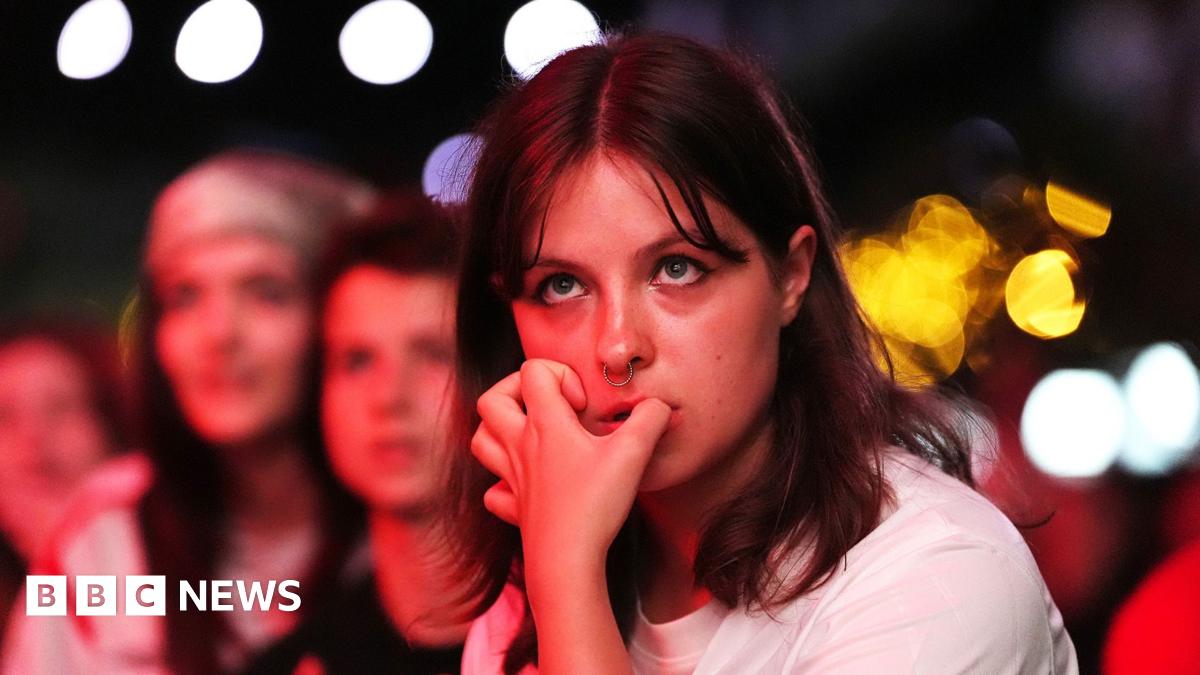The answer lies in our hormones says Dr Martha Newson, Associate Professor in Psychology at the University of Greenwich.
Testosterone, she explains, goes up on match days, as does adrenaline and the stress hormone cortisol. The most loyal fans have the biggest stress response, she says, and that’s the same for men and women.
During peaks in the game – like a nail-biting penalty shootout – the adrenaline rush, or fight or flight response, prepares the body for action, says Dr David Crepaz-Keay, Head of Research and Applied Learning at the Mental Health Foundation.
While it can feel scary, there’s nothing to be alarmed about – it’s a sign that you care.
“You are just completely there with them and it’s like you’re walking up to the spot, ready to take that penalty… your senses are just going into overdrive.”
The heart rate rises as it rushes to send more oxygen around the body. And if you feel buzzy, he says, that’s because the effects can act as stimulant.
They can last for hours, affecting our sleep as we come down from our excitement and can even influence our behaviour the following day. Don’t be surprised if you feel like eating more after the match or getting out the credit card.
“Fans consume more calories after a loss,” says Dr Newson, explaining that they’re responding to a psychological need to replenish their reserves after a time of hardship.
On the flip side, fans might feel an urge to splurge after a win. “We can see the evolutionary mind working like, okay, I’ve won so I can spend money, I can accumulate resources,” she says.
All this for a sport that’s supposed to be about fun and bonding. So what can fans do to manage these very real side-effects?
